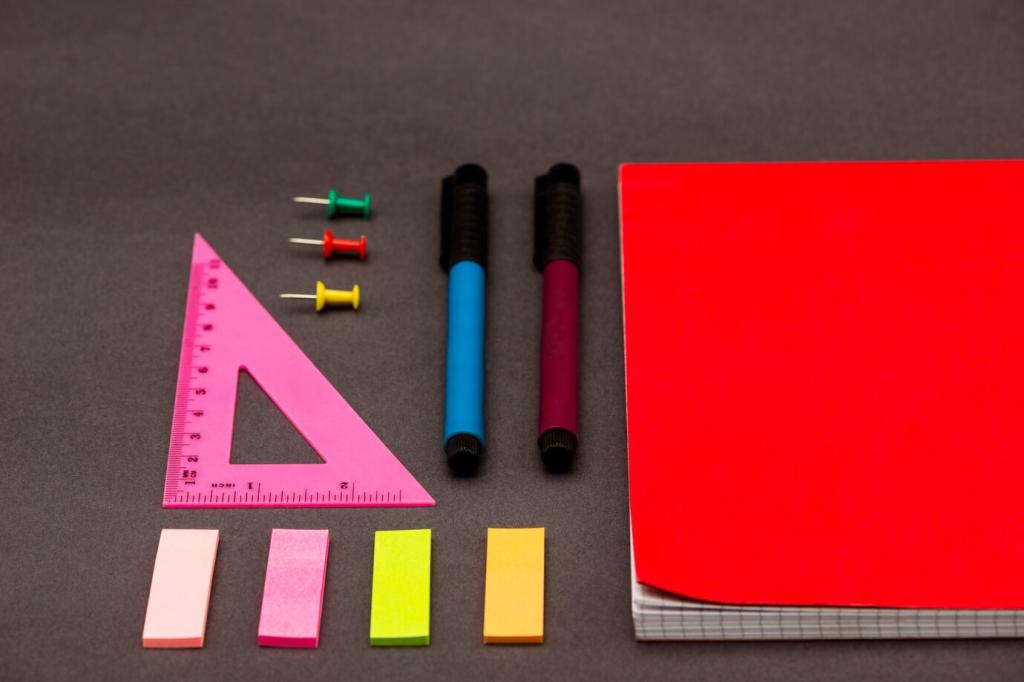Accessibility, Language, and Inclusive Learning
Many Wikipedia topics vary across languages, highlighting different sources and cultural angles. If you are bilingual or learning a new language, compare entries and note unique references. This habit enriches independent study, surfaces alternative viewpoints, and uncovers citations that may not appear in your primary language’s scholarly conversation.
Accessibility, Language, and Inclusive Learning
Start with Simple English Wikipedia or introductory Britannica overviews, then escalate to SEP or specialized references. Adjust difficulty as your confidence grows. Independent study is sustainable when challenge meets comprehension, so choose entries that stretch you without overwhelming you, and revisit tougher texts after building foundational fluency.





